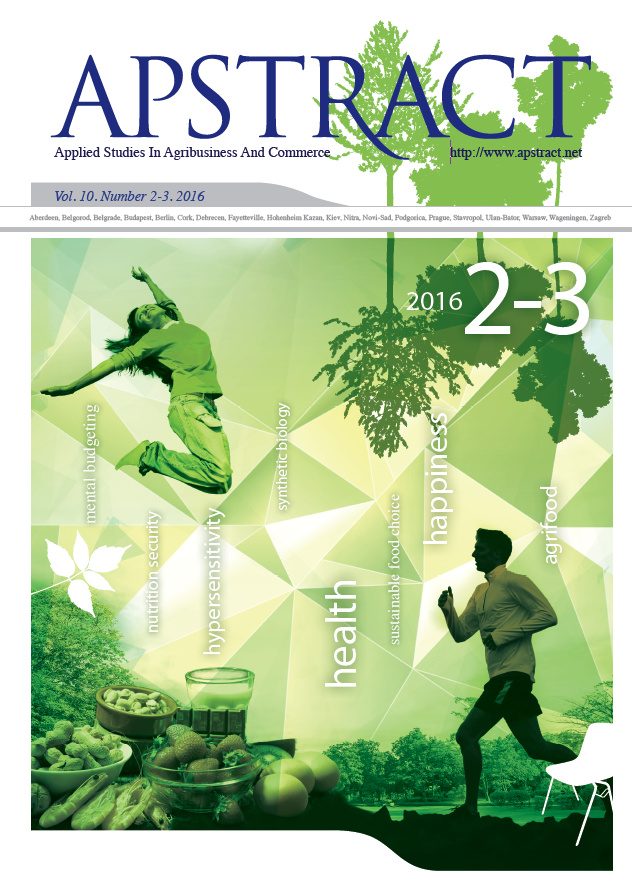The added value of sustainability motivations in understanding sustainable food choices
Authors
View
Keywords
How To Cite
Abstract
Understanding consumer food choices is crucial to stimulate sustainable food consumption. Food choice motives are shown to be relevant in understanding consumer food choices. However, there is a focus on product motives, such as price and taste, whereas process motives (i.e. environmental welfare) are understudied. The current study aims to add to the existing literature by investigating the added value of sustainable process motives (environmental welfare, animal welfare and social justice) above product motives. Two on-line surveys of representative Dutch samples tested whether process motives increase the explained variance of sustainable consumption. The results indicate that sustainable process motives are of added value above product motives in the understanding of consumer food choices. In addition, product categories differ in the sustainable process motives that are most useful in explaining sustainable purchases in that category (Study 1), and different types of sustainable products (organic versus fair trade) differ in the sustainable process motives that are most useful in explaining these purchases (Study 2). In conclusion, this paper shows that understanding of sustainable consumption can be improved by considering sustainable process motives above product motives. Thereby, it is important to take the sustainability dimension (e.g., social justice versus environmental welfare) and the product category (e.g., meat versus fruit) into account.


 https://doi.org/10.19041/APSTRACT/2016/2-3/8
https://doi.org/10.19041/APSTRACT/2016/2-3/8




